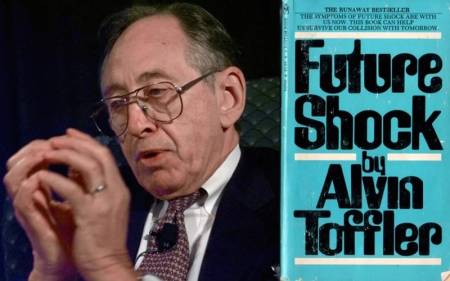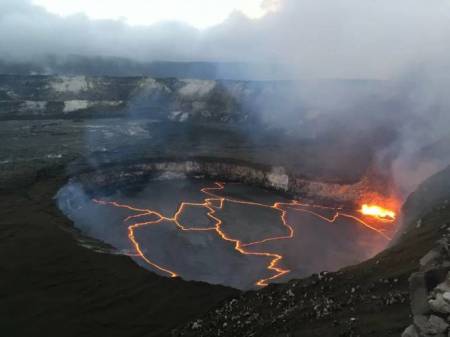It is necessary to uphold the fundamental human right to labor, whatever the achievements of robotization.
The division between work and leisure in people’s lives has always had an important social meaning, and must also be regarded as a human value. The passion for work expresses itself as an active striving to contribute to the good of society, community and family. Hence work cannot and must not be regarded as a mere commercial activity. Through work human beings develop their creative abilities and contribute to the creative transformation of reality. It is absolutely indispensible to uphold the human right to labor, despite the progress of robotic technologies.
The Universal Declaration of Human Rights, signed 70 years ago, states: „All human beings are born free and equal in dignity and rights. They are endowed with reason and conscience...„.* Today we must be alarmed at the growing tendency to regard entire masses of people as “useless" — as people who only need to be provided with the bare necessities of life — while little attention is given to creating social and economic frameworks which would guarantee to every individual human being the right to high-quality work, leisure, professional and social self-realization.
The growth of inequality and the increasing economic pressures upon people’s lives, are having negative effects in the sphere of leisure. The impact of the modern entertainment industry is to unleash people’s primitive instincts in an uncontrollable fashion, replacing healthy relaxation by a state of numbness and stupefaction. The combination of work and leisure, which essential to fully realize the rights and personal freedom of the population, can only be attained when the economic organization of society gives greater priority to the development of human potential — to securing the spiritual and material wellbeing of the population — than to generating profits.
* Article 1 of the Universal Declaration of Human Rights, adopted by the United Nations General Assembly on December 10, 1948 (Resolution 217 А (III).














